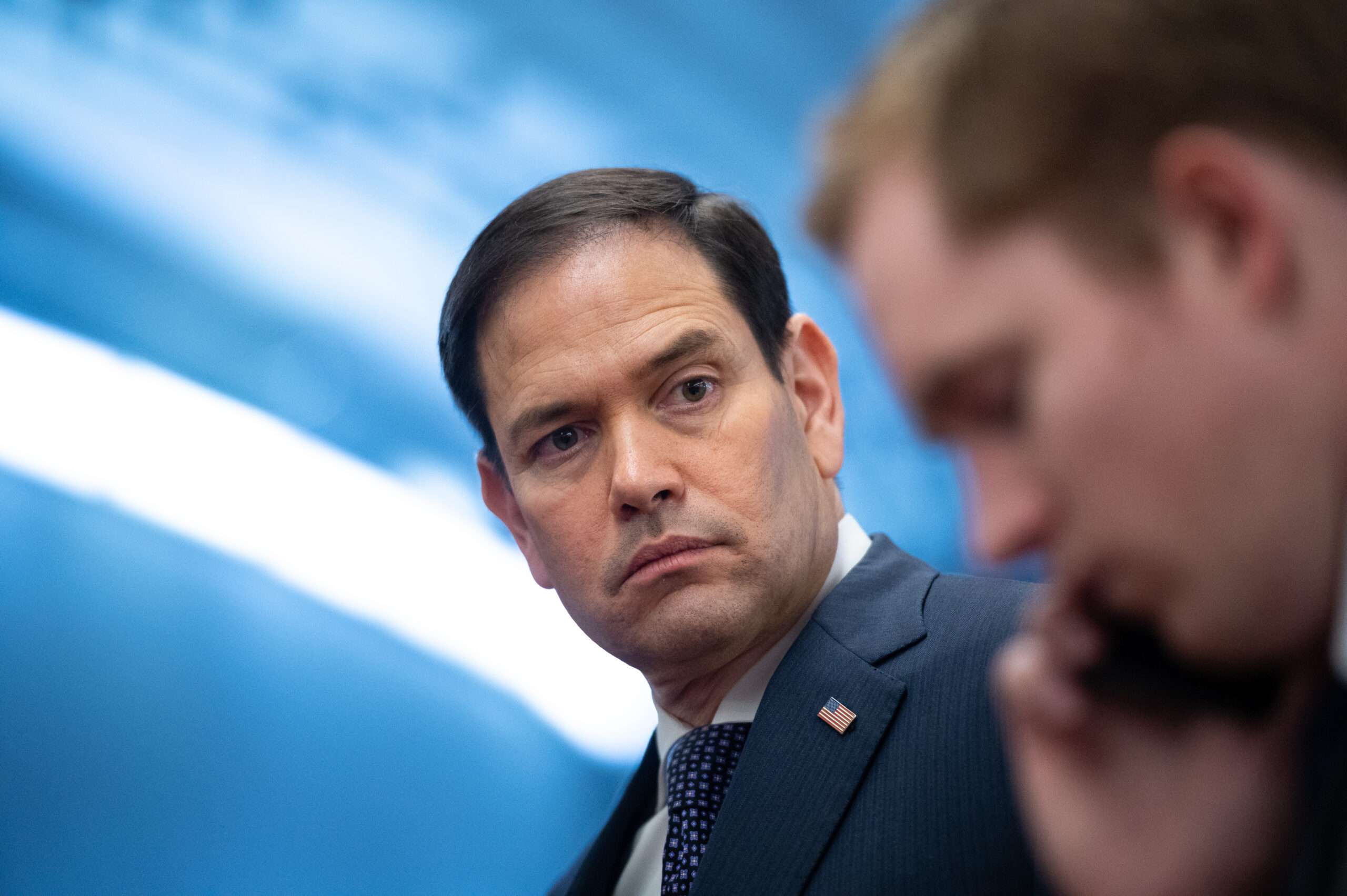Marco’s Global Adventure
The Trump administration’s formation is underway with several notable appointments, indicating a consolidation of a hawkish approach to American foreign and environmental policy. President-elect Donald Trump has selected Florida Senator Marco Rubio for the position of Secretary of State, a choice viewed as problematic for libertarians due to Rubio’s hardline stances, particularly regarding China and Venezuela. Rubio’s focus on curbing human rights abuses and shifting manufacturing back to the U.S. emphasizes a return to an interventionist foreign policy. His strong support for sanctions and defense of Israel signals a continuation of traditional Republican foreign policy dynamics. At the same time, Trump’s history of diverging from his advisors raises questions about whether Rubio’s hawkishness will be fully embraced or moderated within the administration.
In contrast to the hawkish tendencies associated with Rubio, another pick, former New York Representative Lee Zeldin, may be seen as more aligned with libertarian values, particularly concerning environmental policy. Zeldin is expected to reverse many of the Biden administration’s environmental regulations that limited fossil fuel production. His intention to ensure that deregulation comes alongside maintaining high environmental standards is a notable stance that reflects a more business-friendly approach. This anticipated shift highlights Republican priorities focusing on economic growth through deregulation, while still paying lip service to environmental concerns—an essential balancing act for the incoming administration.
Meanwhile, Trump has appointed Florida Representative Mike Waltz as national security adviser, further reinforcing the administration’s hawkish military stance. His selection aligns with the broader theme of a security-driven approach to governance. In line with this trend, Trump has indicated that he may pressure Ukraine to seek a settlement with Russia and remain nonaligned with NATO, which illustrates a nuanced pivot in American foreign policy. Despite Rubio’s past hardline rhetoric regarding Russia, there seems to be an underlying current of pragmatism aimed at de-escalating military engagements, which could drastically alter U.S. relations with Europe and former Soviet states.
Amid these political developments, the La Leche League finds itself in turmoil, as one of its original founders, Marian Tompson, has resigned, expressing concern over the organization’s evolving focus. The inclusion of transgender individuals in discussions about breastfeeding has led Tompson to criticize the group’s mission, indicating a rift between traditional views and contemporary understandings of gender inclusion. The dispute highlights a broader societal debate about the balance between inclusivity and maintaining spaces that center upon women’s experiences. For those invested in promoting female-centric perspectives, the changes to the La Leche League represent a troubling compromise that signals a shift away from its original purpose.
In New York, the courtroom drama surrounding Daniel Penny, accused of manslaughter for the subway death of a homeless man named Jordan Neely, continues to unfold. The defense’s request for a mistrial based on perceived bias in the prosecution’s approach was denied by the judge, pointing to broader themes of racial dynamics and societal perceptions surrounding issues of mental health and crime. This case exemplifies the difficult balance courts must navigate in terms of public opinion, legal standards, and the nuances of justice system processes, engaging a larger audience in conversations about vigilante justice and societal responsibility.
Finally, recent developments regarding regulatory policies hint at a significant pivot in both environmental and technological sectors. Trump’s administration is expected to lead efforts to dismantle regulations affecting the AI industry, emphasizing a philosophy favoring minimal government interference. His administration’s potential approach to cryptocurrency also indicates a shift toward a more favorable regulatory environment for emerging technologies. As conversations about misinformation and its implications continue to escalate, both in social media spheres and political dialogues, this administration’s stance could set far-reaching precedents for how technology and industries are managed in the coming years. This evolving landscape showcases the intersection of politics, technology, and social dynamics, illuminating how much work lies ahead in navigating these multifaceted relationships.
Share this content:












Post Comment